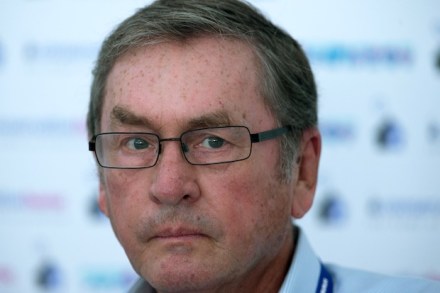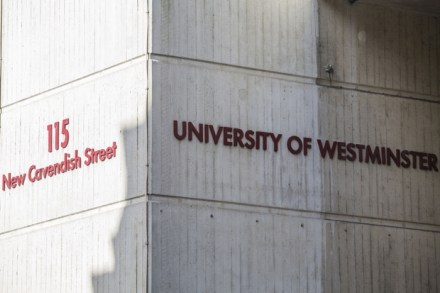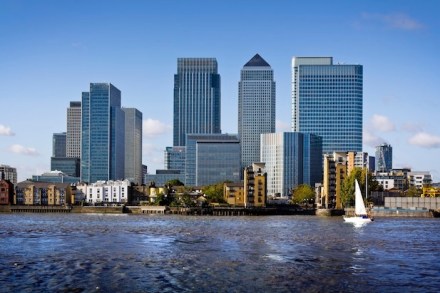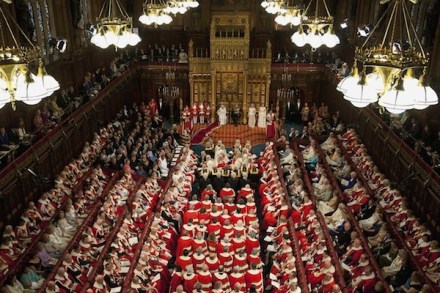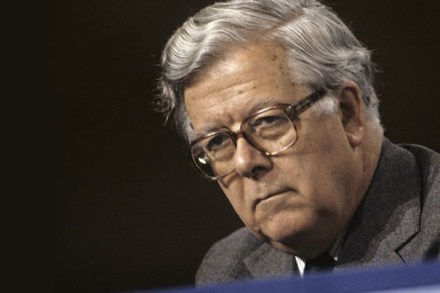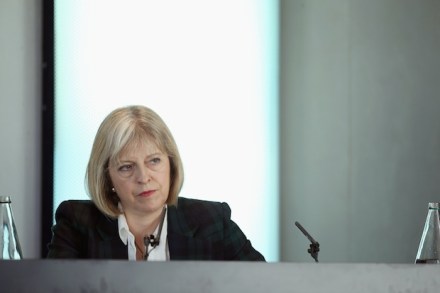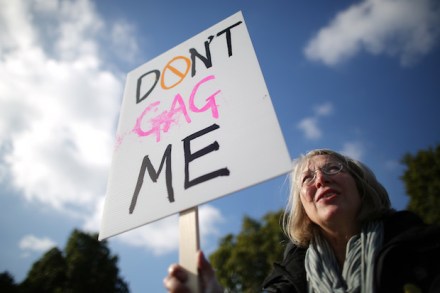The Spectator’s notes | 14 May 2015
David Cameron is taking a bit of trouble to unite his parliamentary party. Having built a coalition outside it last time, he knows he must now build one within. The best way to do this lies to hand. It is to return to the pre-Blair custom of having Prime Minister’s Questions twice a week. Advisers always tell prime ministers not to do this, on the grounds that it is a waste of time and can only expose them to added risk. But in fact it has two good effects. It makes MPs feel much happier, and so discourages plotting. It also makes the Prime Minister the master of every area




